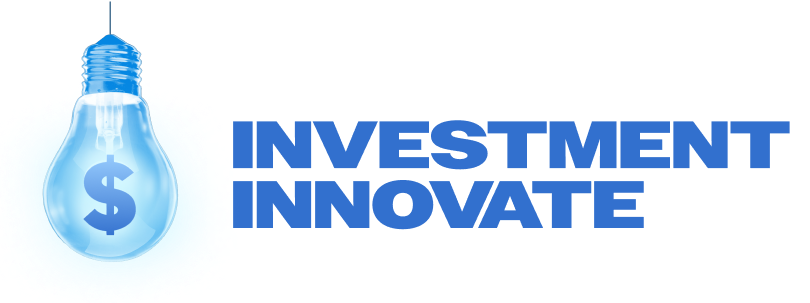The Consumer Financial Protection Bureau on Wednesday unveiled long-awaited changes to how the nation’s biggest banks structure overdraft protection plans.

The independent watchdog agency said the new rule closes a loophole that for decades has exempted overdraft loans from the consumer protections required by the 1968 Truth in Lending Act.
Since 2000, American consumers have paid an estimated $280 billion in bank overdraft fees, according to CFPB data. During that time, the annual revenue big banks derived from overdraft fees soared, helped along by the boom in consumer debit cards tied directly to checking accounts.
“For too long, some banks have charged exorbitant overdraft fees—sometimes $30 or more—that often hit the most vulnerable Americans the hardest, all while banks pad their bottom lines,” President Joe Biden said in a statement Wednesday on the new rules. “Banks call it a service—I call it exploitation.”
The new regulations would apply only to banks with more than $10 billion in assets, a total of around 175 institutions nationwide, the CFPB said. Taken together, these banks typically account for the lion’s share of the overdraft fees charged in any given year.
CFPB officials said they expected the rule to be finalized in the coming year, and go into effect in October 2025.
Banking trade groups deeply opposed to any changes in the overdraft rules have already begun to mobilize opposition, which is only expected to grow. Earlier this month, the Consumer Bankers Association launched a website to promote “the value of overdraft services, and why government mandates are misguided.”
The proposal is part of the larger Biden administration effort to crack down on what it calls “junk fees,” many of which are charged to consumers with little notice, and do not reflect the real cost of the service.
“This is about the companies that rip off hardworking Americans simply because they can,” said Biden.
The proposed rule would essentially offer big banks two options for how to approach commercial overdraft coverage.
Under the first option, the large banks could offer overdraft loans for profit, provided the banks treat the funds they advance as credit line loans, subject to all the regulations of the Truth in Lending Act.
“For example, consumers would apply for the credit and institutions would underwrite to determine the consumer’s ability to repay. Consumers would be able to repay the credit manually if they prefer manual repayment over auto-pay. And institutions would have to comply with limitations on penalty fees and fees charged during the first year,” according to a fact sheet from the CFPB.
These protections could result in fewer consumers being surprised by overdrafts and the resulting fees, a problem the CFPB detailed in a December report.
The second option would be for large banks to continue offering consumer overdraft coverage as a courtesy service, rather than a revenue-generating line of credit. As a courtesy service, the funds would continue to be exempt from TILA regulations.
But in exchange for this continued exemption, banks that offer courtesy overdraft coverage would be permitted to charge only fees “in line with their costs or in accordance with an established benchmark,” a CFPB fact sheet said .
The agency proposed several potential benchmark rates, ranging from $3 to $14 per transaction. The final amount will be released when the rule is published, likely some time in the next year.
Alternatively, banks that opt to charge fees in line with their costs would be required to calculate those costs based largely on the losses incurred from accounts that are never brought back into the black, the CFPB said.
Given the relatively low principals and high rates of repayment for checking account overdraft coverage, losses tallied under this standard could be minimal.







